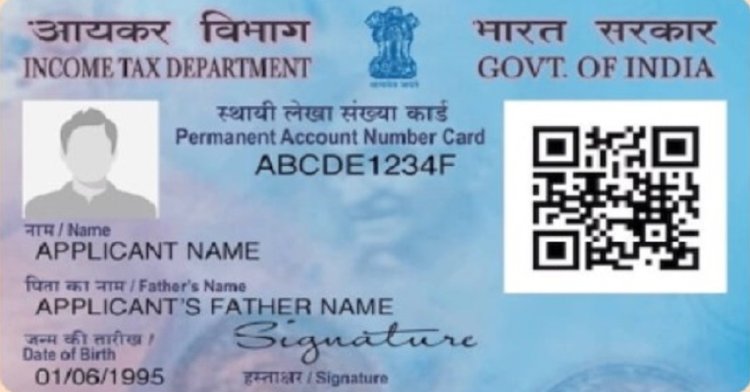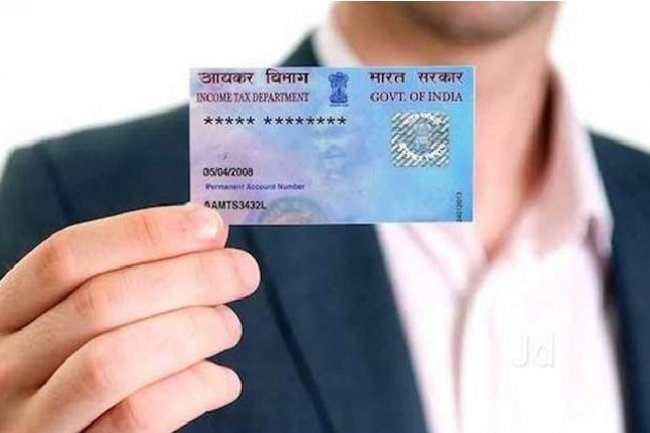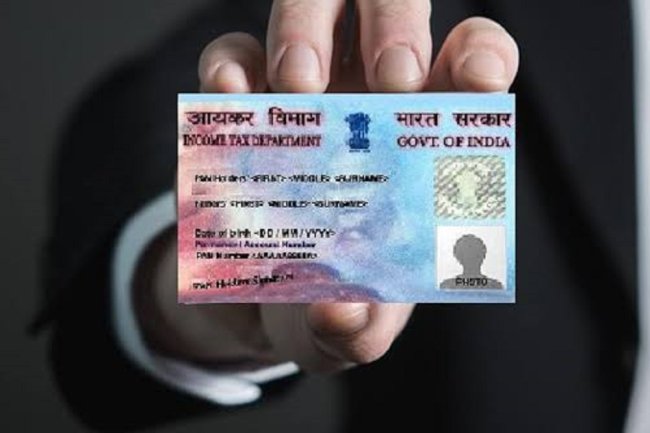About PAN Card
Introduction : PAN (Permanent Account Number) is a unique, 10-character alphanumeric identifier issued by the Income Tax Department of India. It is an essential document for various financial and legal transactions and serves as a proof of identity for Indian citizens, residents, and certain foreign entities.

Structure of the PAN Card Number
The PAN number is a 10-character code, which follows a specific pattern:
Example: AAZPM1234C
-
First Three Characters (AAZ):
- These are alphabetic series ranging from AAA to ZZZ. They are randomly assigned and do not have a specific meaning.
-
Fourth Character (P):
- This character represents the status of the PAN holder.
- P: Individual
- C: Company
- H: Hindu Undivided Family (HUF)
- A: Association of Persons (AOP)
- B: Body of Individuals (BOI)
- G: Government Agency
- J: Artificial Juridical Person
- L: Local Authority
- F: Firm/Partnership
- T: Trust
-
Fifth Character (M):
- For individuals, the fifth character is the first letter of the surname (last name).
- For non-individuals, it represents the first letter of the name of the PAN holder (e.g., company name).
-
Sixth to Ninth Characters (1234):
- These are four sequential numeric digits ranging from 0001 to 9999. They are unique to each PAN holder and serve as a serial number.
-
Tenth Character (C):
- The last character is an alphabetic check digit, generated using a formula based on the preceding nine characters.
Purpose and Importance of PAN
-
Taxation:
- PAN is primarily used for tracking taxable financial transactions and ensuring that tax evasion is minimized. It is required for filing income tax returns, paying taxes, and communicating with the Income Tax Department.
-
Financial Transactions:
- PAN is mandatory for various financial activities such as opening a bank account, buying or selling property, applying for a loan, and making investments in mutual funds or stocks.
-
Proof of Identity:
- PAN serves as a valid proof of identity for Indian citizens. It is accepted across various government and non-government institutions.
-
Business Operations:
- Businesses must have a PAN to conduct their operations legally. It is required for registration under the Goods and Services Tax (GST), and for any transaction exceeding a certain amount.
-
Prevention of Tax Evasion:
- By linking PAN with financial transactions, the government can monitor and track all taxable activities of an individual or entity, thereby reducing the chances of tax evasion.
How to Apply for a PAN Card
Online Application Process
-
Visit the Official Website:
- You can apply for a PAN card through the NSDL TIN website or UTIITSL website.
-
Choose the Appropriate Form:
- For Indian citizens: Form 49A
- For foreign citizens: Form 49AA
-
Fill Out the Form:
- Provide your personal details such as name, address, date of birth, and contact information.
-
Submit Documents:
- Upload the required documents for identity proof, address proof, and date of birth proof.
-
Payment:
- Pay the application fee online using credit/debit card, net banking, or through a demand draft.
-
Acknowledge Receipt:
- After successful submission, you will receive an acknowledgment number. This can be used to track the status of your application.
-
Physical Submission (if needed):
- If physical documents are required, send them along with the acknowledgment receipt to the respective PAN service provider.
Offline Application Process
-
Obtain the PAN Application Form:
- Visit any PAN facilitation center or download the form from the NSDL/UTIITSL website.
-
Fill Out the Form:
- Manually fill in the required details.
-
Attach Documents:
- Attach photocopies of necessary documents.
-
Submit the Form:
- Submit the form along with the fee at the nearest PAN facilitation center.
-
Receive Acknowledgment:
- Obtain an acknowledgment slip for tracking the application status.
Key Points to Remember
- Unique to Each Individual/Entity: No two PAN numbers are the same, ensuring that each PAN is unique to its holder.
- Lifetime Validity: The PAN number remains valid for the lifetime of the individual or entity, regardless of any changes in address or name.
- Mandatory for High-Value Transactions: PAN is mandatory for transactions like purchasing or selling assets above a certain value, large cash deposits, and others.
- Linking with Aadhaar: The government mandates linking PAN with Aadhaar for filing income tax returns and other purposes, enhancing transparency and accountability.
Misuse and Precautions
- Avoid Sharing PAN Carelessly: Since PAN is linked to many financial transactions, sharing it irresponsibly can lead to identity theft or fraud.
- Monitor PAN Usage: Regularly monitor your financial statements and tax records for any unauthorized use of your PAN.
In conclusion, the PAN card is a crucial document for anyone engaged in financial activities in India, serving not only as a tax identifier but also as a key component in various official processes.
If you want to apply PAN card, apply through this link https://pancardonlineindia.com/
What's Your Reaction?
















